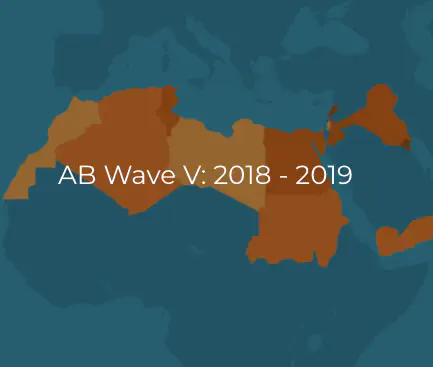What Affects Attitudes toward US-Related Conspiracy Theories in the Arab Middle East?
 Our survey was carried out in the fifth wave of the Arab Barometer survey
Our survey was carried out in the fifth wave of the Arab Barometer surveyAbstract
What explains variation in citizens’ belief in US-related conspiracy theories in the Arab Middle East? Some scholars have argued that anti-US sentiment or individual-level characteristics identified in other contexts can explain the Arab public’s belief in these conspiracy theories; others have argued that citizens of autocracies are more likely to trust such theories. We explore these claims using a conjoint experiment with representative samples from 10 Arab countries. We find that extant explanations do not do a good job of describing the variation we observe—e.g., correlation with anti-US sentiment depends on the conspiracy theory, and belief in these conspiracy theories is not more common in more authoritarian regimes. Instead, we find Sunni-Shia sectarianism and exposure to foreign intervention in violent conflict to be the dominant factors explaining trust in US-related conspiracy theories in the Arab Middle East.